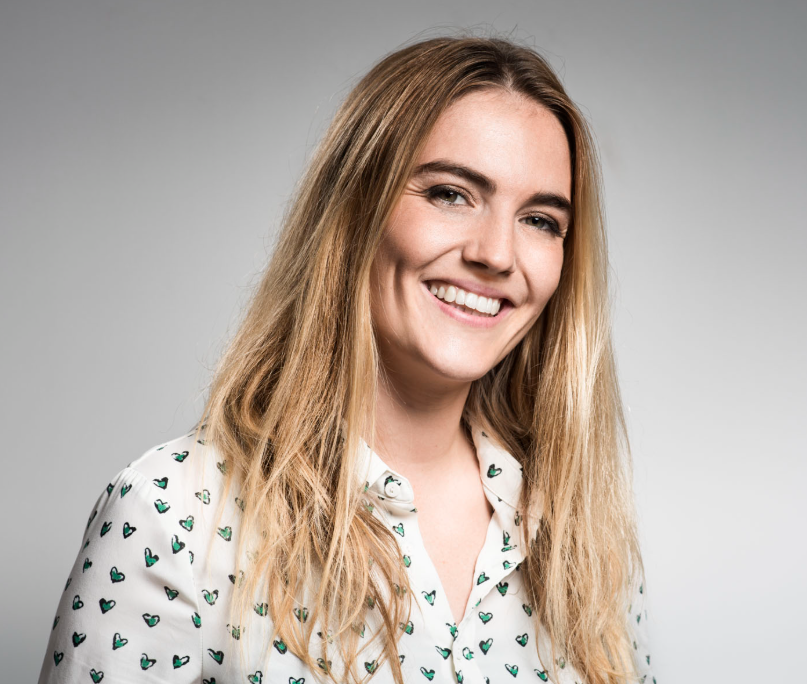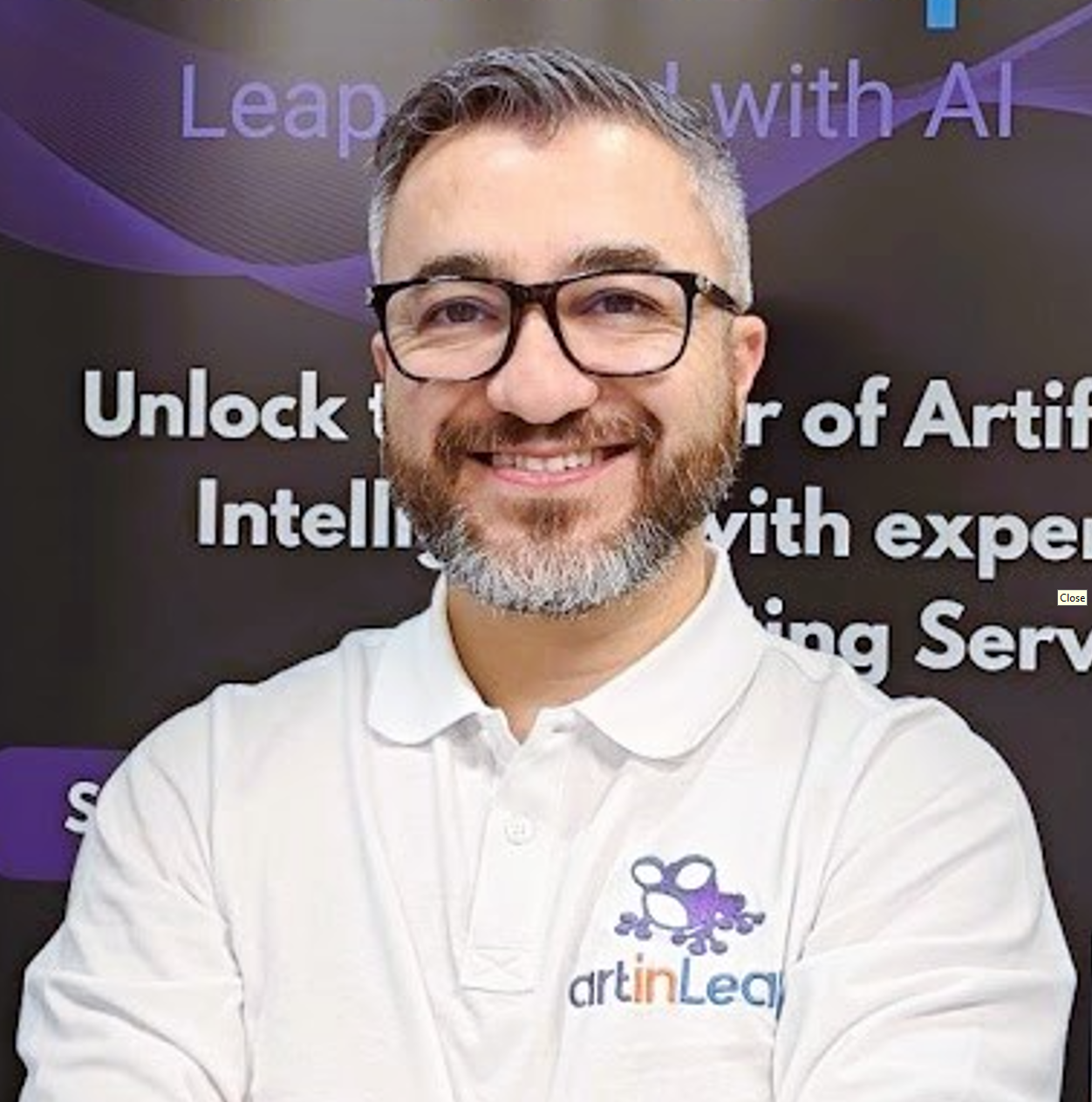 Interview with Didier Toubia, Co-Founder and CEO of Aleph Farms
Interview with Didier Toubia, Co-Founder and CEO of Aleph Farms
Interview conducted by Pascale Caron
In 2017, French entrepreneur Didier Toubia co-founded Aleph Farms, an Israeli company specializing in cultivated meat.
Can you explain Aleph Farms’ project to us?
Aleph Farms is one of the global pioneers in cellular agriculture. We’ve invented a new manufacturing process for animal-derived products. Instead of raising an entire cow for meat, we isolate animal cells and grow them outside the animal’s body, in a controlled environment, to directly obtain the desired product. We started by cultivating meat, with our first product being a “hybrid” that combines bovine cells with a plant-based matrix. It perfectly replicates the taste and texture of a traditional beef steak.
This method uses far fewer resources than conventional livestock farming, significantly reducing environmental impact on land, water, biodiversity, and climate. Moreover, it enables us to offer innovative food options that go beyond merely replacing meat, thus diversifying the market. Consumer feedback has been very positive.
We founded Aleph Farms in 2017, and as you can imagine, it’s a highly complex technology. Today, we hold 18 patent families and have a team of researchers working to refine our processes. We’ve optimized our production platform and are beginning to scale it up. We’ve already obtained initial market authorization and expect another one later this year. Only four companies globally have received such approvals, and the cellular agriculture industry is still in its infancy, but it promises a sustainable future for food with immense long-term potential.
How did the idea come about?
I am a food engineering graduate and also hold an MBA. My background includes research in biochemistry, biotechnology, and food science. These experiences allowed me to develop a technology platform that integrates these disciplines.
Tell us about your team.
Aleph Farms currently has 70 team members. We were around 100 at the beginning of the year but adjusted our workforce due to the macroeconomic situation. We’re now focusing on profitability, cost control, and mapping out a roadmap to achieve breakeven as soon as possible.
How do you finance such an ambitious project?
We have raised $140 million from investors worldwide, including Europe, the United States, Asia, as well as support from Israel, Abu Dhabi, and Singapore. These regions view Aleph Farms as strategic for strengthening their food sovereignty.
What are the next steps for commercialization?
We still need to finalize scaling our production for a market launch.
Are you using artificial intelligence (AI) in this project?
Last year, a dedicated team explored how to integrate AI into our development processes. Two primary areas have emerged: one is already in place, and the other is currently being implemented.
The first area focuses on optimizing our cell production via AI algorithms. This process, akin to fermentation, aims to maximize cell production in minimal time and with minimal resources. It’s a complex system with numerous parameters to manage.
We work with BioRaptor, a platform that analyzes the vast data generated during production, simplifies process management, and proposes experimental optimizations. This enables our R&D team to compare historical and current data, improving productivity, reducing human error, and facilitating scale-up. BioRaptor’s AI makes our processes more robust and scalable without needing massive investments at this early stage, aligning with our broader vision for an emerging bioeconomy.
We’re also collaborating with an Israeli university that is researching how to use AI in identifying cost-effective alternatives to expensive ingredients for cell culture. We use a synthetic formulation, mimicking the properties of blood to nourish cells, without animal-derived ingredients. Some components are hard to source or too costly, and AI helps us identify natural substitutes that can fulfill the same functions.
This complex work involves deeply analyzing the properties of animal-derived molecules and comparing numerous alternatives. AI accelerates and optimizes this selection process by analyzing molecular characteristics to find the best options.
Within your team, do you use generative AI?
In our daily activities, its use is still quite limited. We’ve attempted to integrate it, but it hasn’t truly taken hold. Some researchers use it individually, for instance, to answer specific questions or as support when exploring new fields. However, we do not have generative AI infrastructure or tools deployed company-wide.
Does the informal use of generative AI by some employees, what’s sometimes called “shadow AI,” pose any risks?
Indeed, but the team must observe certain precautions. The guidance is to use it sparingly and not store data outside secure, official channels to protect sensitive information. Our priority is to control the use of these tools to avoid potential issues.
At present, generative AI is not our focus for developing new functionalities. Currently, researchers use it for specific tasks, such as when they want to study a different field; they may use it for literature searches. This allows them to save time by quickly summarizing a large number of articles.
What advice would you give to entrepreneurs hesitating to adopt AI?
Many companies turn to AI because they want to stay on the cutting edge of innovation. However, AI should not be seen as a one-size-fits-all technology. It’s essential for entrepreneurs to target specific areas where they can truly make a difference.
AI should first and foremost serve concrete goals. For example, it can be effective in automating administrative tasks like creating documents or drafting emails, which saves time. However, while useful, these uses are somewhat superficial. They are not enough to create a genuine competitive advantage.











